8, December 2019
4 dead after rock collapse at South African gold mine 0
Four mine workers were killed and one was seriously injured after a rock fall at a South African gold mine on Friday trapped five workers underground, the company and a mining union said on Sunday.
The collapse at the Village Main Reef’s Tau Lekoa gold mine in North West province followed at least one earth tremor.
The National Union of Mineworkers (NUM) was strongly critical of the mining company, saying in a statement that “there was no escape route in the working area where the four mineworkers were found dead”.
The union also said in the statement the mine’s proto team – a group of workers trained to perform underground rescues – did not act quickly enough to save the four miners and “deliberately stopped the team leaders and winch drivers from rescuing the four mineworkers.”

It did not give evidence for this but said it had been briefed by members working at the mine and present during the incident.
The mining firm, Village Main Reef, said it would not comment on the evacuation procedures until after an investigation was completed.
“There were two seismic events and then a rock fall occurred,” said James Duncan, a spokesman for the mine.
“Investigations on the causal factors are ongoing and we will be able to comment only once those are complete. We won’t be commenting at all on the accusations by NUM.”
NUM spokesman Livhuwani Mammburu said the rock collapse followed a “seismic event of 2.6 magnitude”.
The death toll in South Africa’s mines fell to 81 fatalities last year from 90 in 2017, the Mineral Resources Ministry said in March. This was a marked reduction from previous decades when the sector was marked by lax safety regulations and labor laws.
(Source: Reuters)
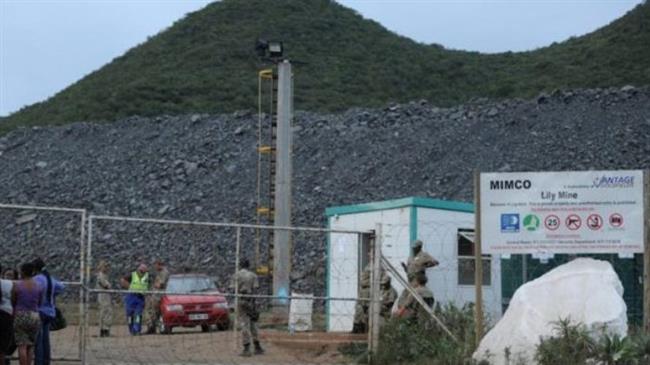
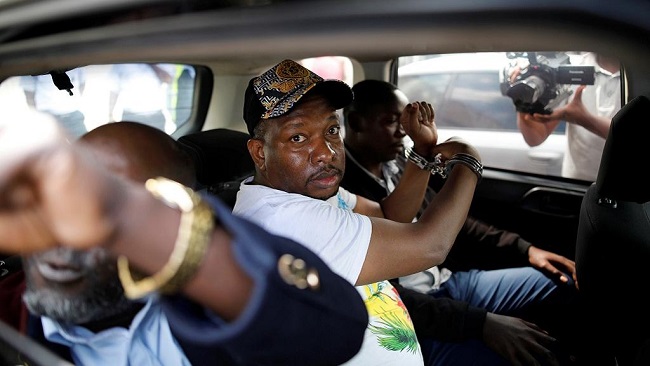
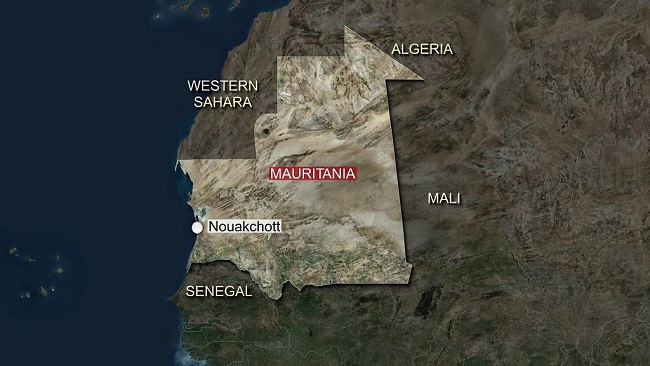


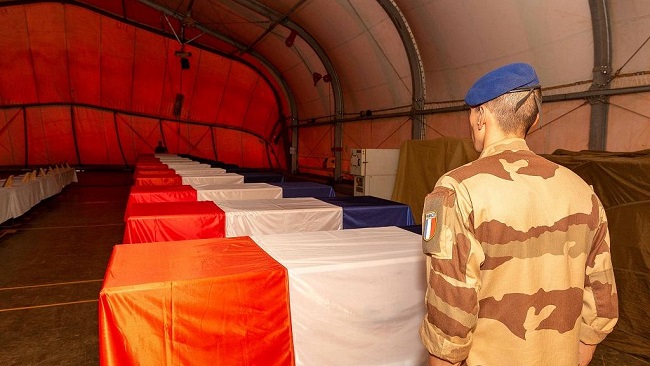

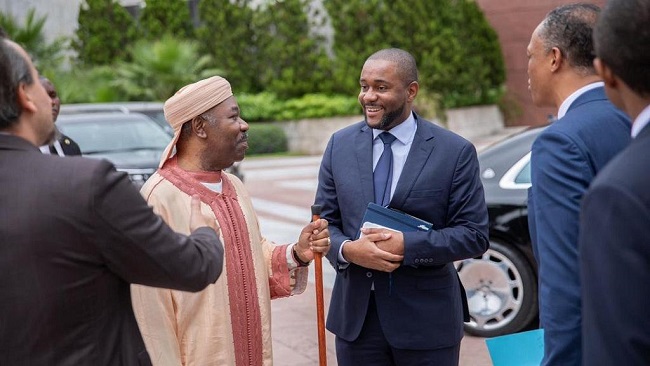


















11, December 2019
Prospects bright for Southern Cameroons as Bougainville overwhelmingly votes for independence from Papua New Guinea 0
The results of Bougainville’s independence referendum are set to be announced Wednesday — with the troubled Pacific islands expected to resoundingly back the creation of a new nation and a break with Papua New Guinea.
The South Pacific islands of Bougainville have overwhelmingly voted to be independent from Papua New Guinea, the referendum commission said on Wednesday, in a historic poll that will trigger separation negotiations between the two governments.
Almost 98% of the 181,067 votes cast backed independence in the non-binding poll that is part of a peace pact struck in the aftermath of a decade-long war between Bougainville’s rebel fighters and PNG forces, which ended in 1998.
The historic vote caps a decades-long peace process and a long recovery from a brutal civil war between Bougainville rebels, Papua New Guinea security forces and foreign mercenaries that ended in 1998 but not before killing up to 20,000 people — 10 percent of the population.
In stark contrast to that internecine bloodshed, voting began on November 23 with ecstatic residents — some festooned in grass garlands — forming makeshift choirs that stomped through the streets, waving independence flags, blowing bamboo pipes and chanting in chorus.
Bougainvilleans’ choice was between full independence or greater autonomy within Papua New Guinea, a fractious nation of eight million people off the northeast coast of Australia.
The vote officially ended on December 7 and according to the Bougainville Referendum Commission it passed off without major incident.
“Around 85 percent of the total people on the referendum roll have cast their vote in an environment that was conducive to a free, fair and credible process” said the commission’s chairman Bertie Ahern ahead of the result.
The former Irish prime minister was picked for the role having shepherded the Northern Ireland peace process.
“Voting has been in the spirit of the larger peace process, of which this referendum is just one part,” he said.
If voters do choose independence, the decision would require ratification by Papua New Guinea’s parliament.
There is anxiety among some in Port Moresby that Bougainville could set a precedent and spur other independence movements.
But rejection risks rekindling old feuds and skittling the peace process.
Since French explorer Louis de Bougainville arrived on this palm-fringed Melanesian archipelago more than two hundred years ago, control has passed from Germany to Australia to Japan to the United Nations to Papua New Guinea.
Many Bougainvilleans feel a closer cultural affinity to the nearby Solomon Islands, with a strong provincial identity that differs from the tribal factions of other regions of Papua New Guinea.
The 1988-1998 war had its roots in a struggle over revenues from the now-shuttered Panguna copper mine, which at one point accounted for more than 40 percent of Papua New Guinea’s exports.
The mine is estimated to still hold more than five million tonnes of copper and 19 million ounces of gold — worth billions of dollars at current market prices.
Independence would prompt a dash for influence among regional powers China, the United States and Australia.
Attuned to regional rivalry, senior figures in Bougainville’s independence movement have already tried to start a bidding war — warning the nascent nation would turn to Beijing if Western countries do not play their cards right and offer financial support.
(AFP)